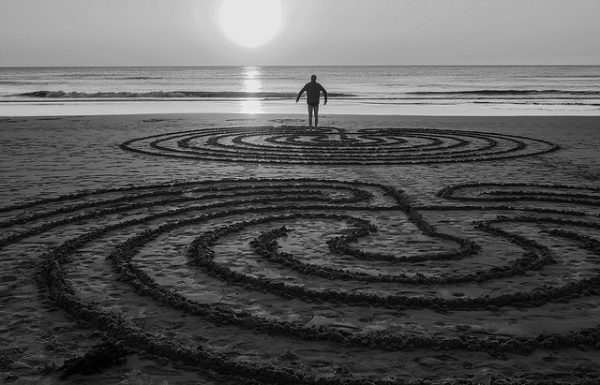
While social scientists regularly rely on surveys to understand individuals’ spiritual beliefs and practices, surveys rarely capture how an individual’s spirituality varies over time and by situation. In a recent study, Jaime Kucinskas, Bradley Wright, D. Matthew Ray, and John Ortberg use a new way of measuring spiritual experiences in real time to better understand these more nuanced aspects of spirituality.
The authors developed an app called SoulPulse to measure how “spiritual” people feel on a day-to-day basis. The authors used a broad definition of spirituality, asking participants to think of feelings of transcendence, meaningfulness, interconnectedness, and/or awareness of a god or something sacred. Then, after an initial intake survey, the app sent short surveys to research participants twice a day for two weeks. In each short survey, respondents reported how spiritual they felt at that time, as well as to describe their situational context — who they were with, where they were, and what they were doing.
The researchers found that people’s spiritual awareness varies throughout the day. Not surprisingly, people were most likely to report feeling spiritual on Sundays and when engaging in activities meant to elicit spiritual feelings — like praying and meditating. But people were also more likely to report feeling spiritual in the mornings, when they were with their friends, or when they were listening to music. And people were less likely to feel spiritual while at work, when they were with their co-workers, or while interacting with technology (playing video games or surfing the web). In short, people do not experience their spirituality as a constant, unchanging trait; instead, spirituality is shaped by day-to-day activities and social situations.

Comments